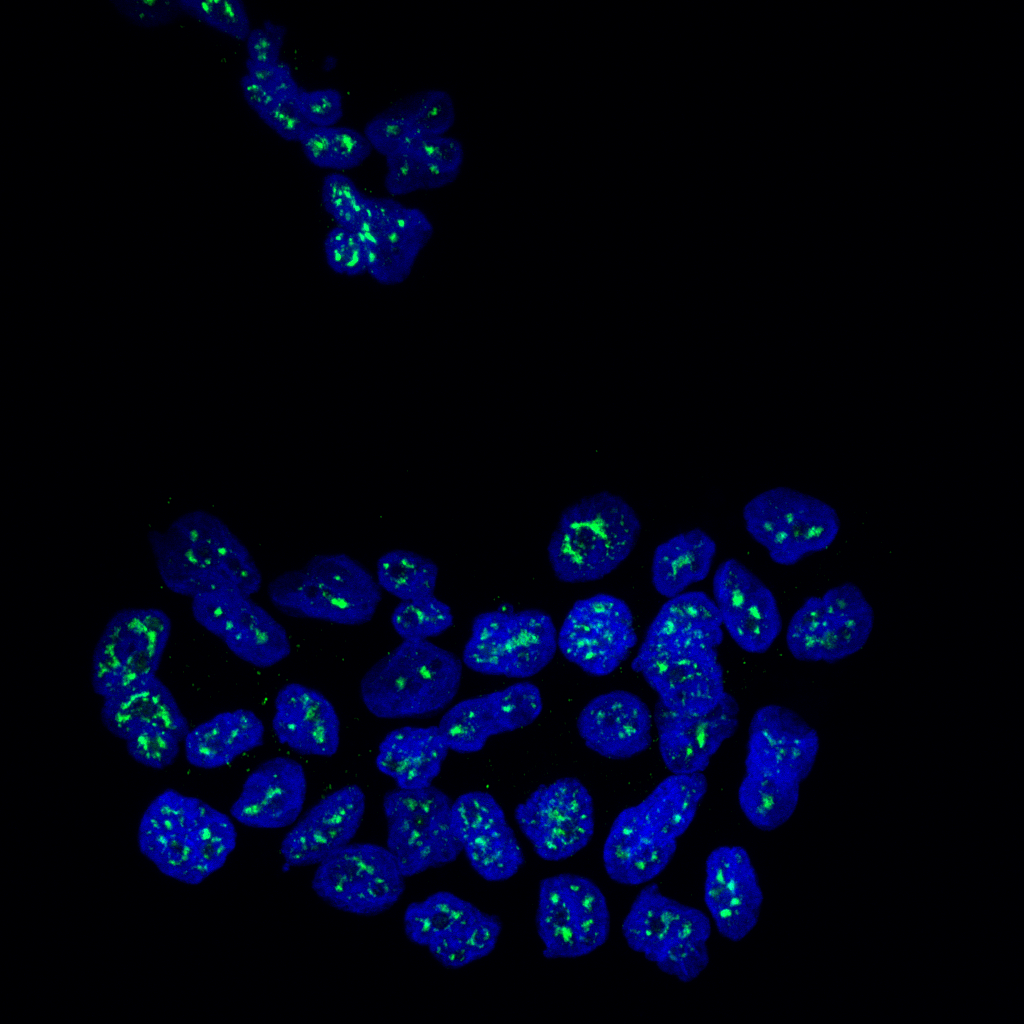
Protein keeps breast cancer metastases at bay
Spanish researchers have identified a protein that keeps breast cancer stem cell in a dormant state preventing them from forming metastases. A German team found an endothelial receptor protein that prevents dormant micrometastases in the blood to invade tissue.
Three years ago, the team of Roger Gomez at IRB Barcelona discovered that certain mutations in the MAF gene of breast cancer patients correlated with a 14-fold higher risk to develop bone metastases. An early stage diagnostics test under development by Gomez’ spin-out company Inbiomotion identifies primary tumours at high risk of metastasis relapse, which would benefit from bisphosphonate adjuvant treatment.
Now, Gomez’ team reports in Nature Chemical Biology that it has found a target protein in estrogen-receptor (ER) positive breast cancer patients, that might help prevent formation of bone metastases. Most of the 76% of breast cancer patients that express either the progesterone or estrogen hormone receptor are ER-positive.
In patients with ER positive breast cancer, low MSK1 expression associated with early metastasis by increasing their bone homing and growth capacities. In cell culture, MSK1 controlled the expression of cancer stem cell differentiation genes GATA3 and FOXA1 epigenetically. MSK1 prevented metastatic progression by chromatin accessibility of the genes, particularly through the phosphorylation and acetylation state of histone H3.
The researchers believe their findings may benefit patients in two ways: To identify those patients with an imminent risk of relapse and to adjust their treatment for this prognosis. Furthermore, attempts could be made to design a treatment that mimics MSK1 kinase function, with the aim to maintain metastatic lesions in a latent and asymptomatic state for as long as possible.
Other good news came from German oncologists at German Cancer Centre (Heidelberg). When they blocked the endothelial protein receptor Tie1, mice with implanted human tumours in late stage development lost almost completely their capacity to form metastases and grew much slower. Tie1 affects tumour angiogenesis, the formation of blood vessels that help tumours to proliferate and form metastases by increasing the size of gaps (tight junctions) between cells of the inner cell sheet of the blood vessels (endothel). For this time we switched off Tie1 genetically, said first author Silvia La Porta. "Next, we’ll try to prevent metastases and tumour proliferation by doing it with drug candidates.
The anti-metastatic effect, the oncologists saw in mice was tremendous. While 10 out of 14 mice that expressed Tie1 developed metastases it was only 1 out of 14 in Tie1 knock-out mice. However it is no easy task to find a Tie1 inhibitor as the protein is an orphan receptor that needs no ligand binding to become active.


 Getty Images for Unsplash+
Getty Images for Unsplash+ Immunic/Nela Dorner
Immunic/Nela Dorner